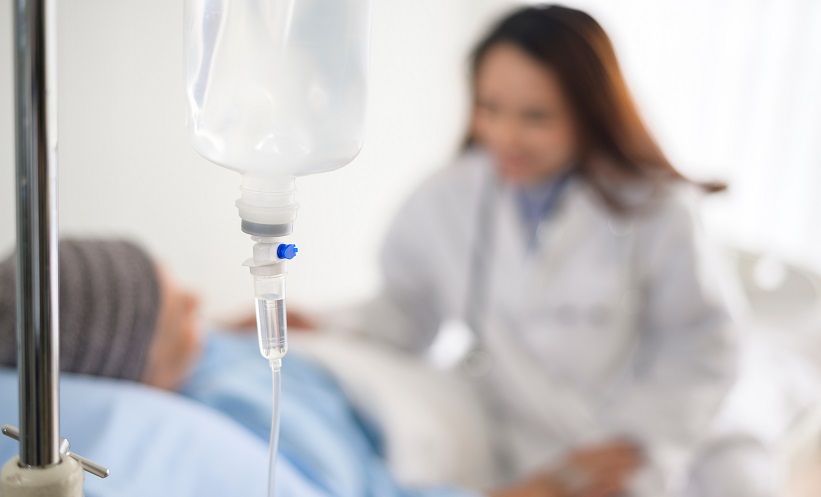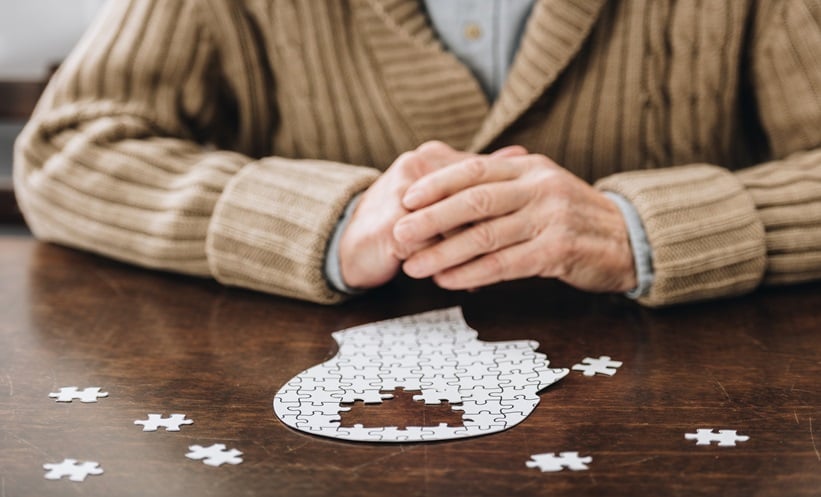IN A breakthrough study, researchers have reported encouraging outcomes using autologous chimeric antigen receptor (CAR) T cells in patients with relapsed or refractory T-cell acute lymphoblastic leukemia (T-ALL). T-ALL, known for its challenging treatment landscape, typically results in poor prognoses following relapse or chemotherapy resistance. This case series involved 17 patients who received CAR T cells engineered to target CD7, paired with a protein expression blocker to prevent CAR T cell fratricide.
Remarkably, 16 out of 17 patients achieved minimal residual disease-negative complete remission within a month, despite presenting high leukemic burdens and low CAR T cell doses. The sole exception had CD7-negative T-ALL cells before the infusion, which continued to persist post-treatment.
Toxicity profiles were manageable, with most experiencing mild cytokine release syndrome, while immune effector cell-associated neurotoxicity syndrome was observed in a few cases. With a median follow-up of 15 months, 11 patients remained relapse-free, including all nine who underwent allogeneic transplantation. Notably, one patient has sustained remission for 55 months without additional chemotherapy or transplant interventions, with detectable CAR T cells for up to two years.
The findings suggest that autologous anti-CD7 PEBL-CAR T cells possess significant antileukemic activity, marking a promising therapeutic option for T-ALL and potentially reshaping treatment strategies for this challenging disease.
Reference
Oh B LZ et al. Fratricide-resistant CD7-CAR T cells in T-ALL. Nature Medicine. 2024;DOI:10.1038/s41591-024-03228-8.







